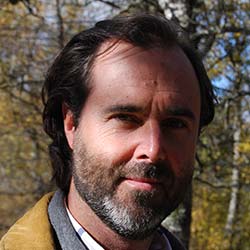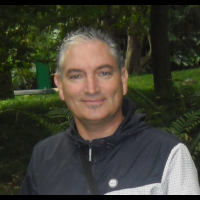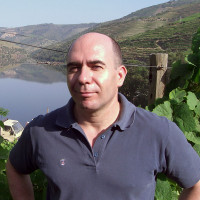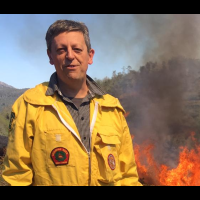CITAB Labs
Agriculture and Environment Lab
Coordinator / Henrique Trindade
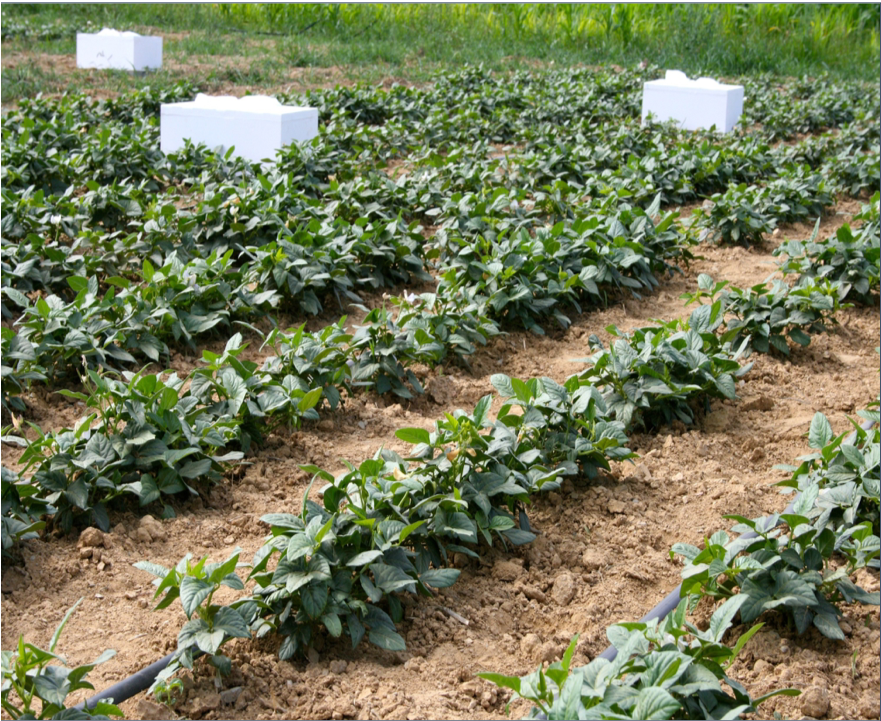
Evaluation of GHG emitted from crops and animal production systems. Assessment of environmental consequences when strategies for minimizing negative environmental impacts from animal and crop production, namely from organic and mineral amendments were used in agriculture. Monitoring of fundamental animal, plant and soil processes related to the carbon and nitrogen cycles.
The most important equipment on the lab include: 4 gas chromatographs, a portable photoacoustic gas analyzer and a chemiluminescence gas monitor which enable the analysis of greenhouse gases and other important gaseous compounds, such as: methane (CH4), nitrous oxide (N2O), nitric oxide (NO), nitrogen dioxide (NO2), carbon dioxide (CO2), ammonia (NH3) and hydrogen sulfide (H2S). In addition, there is a set of structures and facilities available for monitoring biological processes from the nitrogen and carbon cycles like dynamic and static chambers, reactors for composting, scale models of animal housing floors, large-volume chambers with temperature control and field facilities. These facilities, for example, allow the study step-by-step of animal manures applying a life-cycle (farm-scale) approach.
Agro-Environmental Technologies Lab
Coordinator / Ana Sampaio
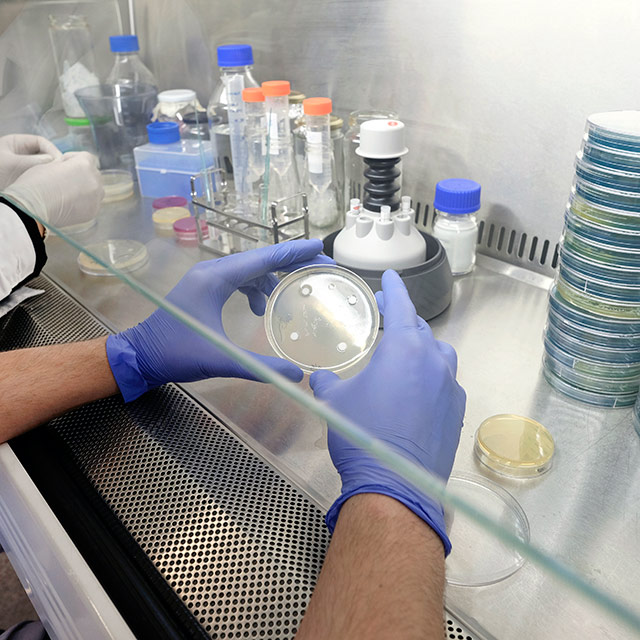
The main activities of the Agro-Environmental Technologies Laboratory, focuses on the role of autochthonous fungi in agro-industrial by products and effluents remediation and/or valorisation. It includes microbial fermentation of lignocellulose residue as a pre-treatment; enzyme production and saccharification for bioconversion into added value products; and myco-remediation of relevant effluents (e.g. wineries, olive oil mills and chestnut processing), alone or combined with non-biological processes. Also, the potential use of molds and yeasts as indicators of ecological integrity is of interest.
Animal House
Coordinator / Bruno Colaço
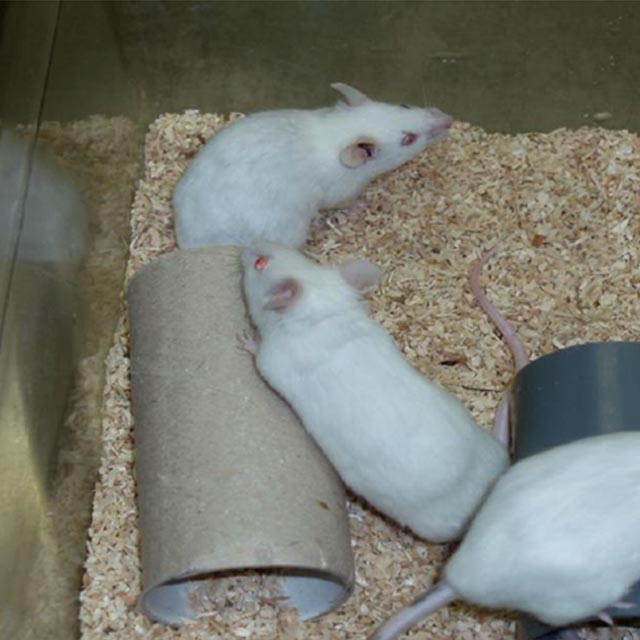
The animal facility offer services in animal sciences research. The facility houses mainly rodents and rabbits. However the unit may also give support to other research animals from the campus such as pigs, poultry, sheep and fish. The research group develops research in vivo studies on the therapeutic and toxicological properties of plant extracts from Portuguese ethnobotanical floral species, such as Castanea sativa flower and Laurus nobilis extract, using animal models of cancers chemically induced and in the animal model of cervical cancer K14HPV16. The unit provides training programmes based on FELASA B courses for those caring experiments with animals.
Antimicrobials, Biocides & Biofilms Lab (A2B)
Coordinator / Maria Saavedra
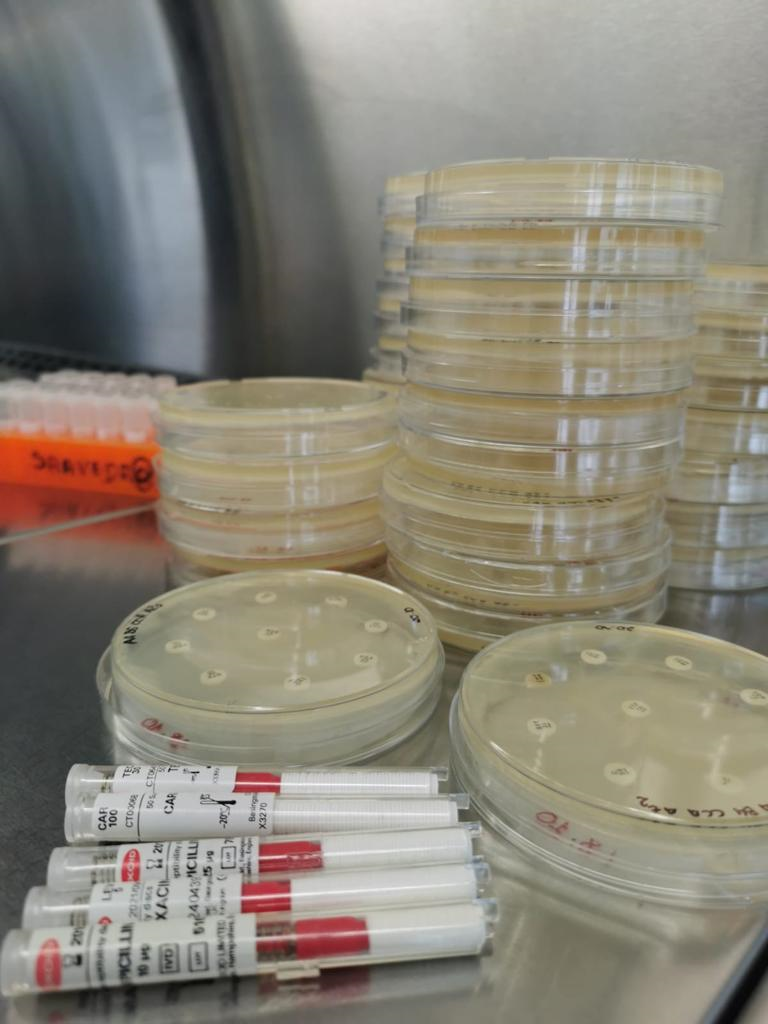
In the last 30 years, the research group has been addressing
different aspects of Microbiology: evaluation of antibiotic resistance
mechanisms and virulence factors in bacteria isolated from different origins,
namely human, animal and environment, and respective characterization of genes;
study of microbial diversity using culture-dependent and culture-independent
methodologies. Currently, the research team has been carrying out several
studies on the use of natural compounds against important pathogenic bacteria
(in planktonic state and biofilms) to find alternatives to the use of
antibiotics or that act in synergy with the drugs used as a first choice, in
the treatment of infections of different origins in a perspective of “One Health”.
Apiculture Laboratory (LabApis)
Coordinator / Paulo Almeida
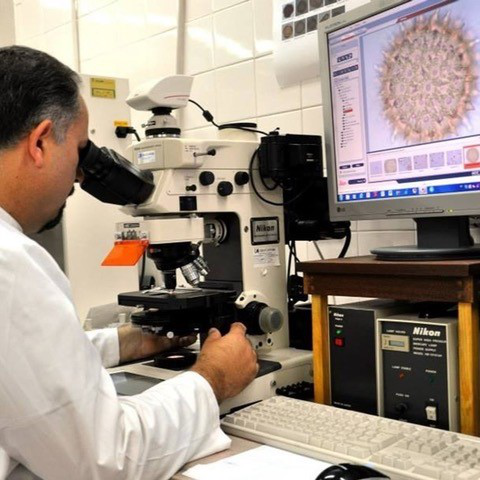
In the Apiculture laboratory, the most varied aspects related to the
honey bee are investigated, namely the characterization of its products (honey,
pollen, bee bread, apitoxin, etc.), the role in pollination, the impact on
ecosystems and the pathologies that affect them. Palynology as a tool for
identifying the botanical origin of honey and pollen plays an important role in
LabApis, which provides analysis services to beekeepers and companies in the
sector with whom it has a strong connection. It also provides counseling
services and specialized technical-scientific training courses.
Applied Climatology Lab (AppClim)
Coordinator / João Santos
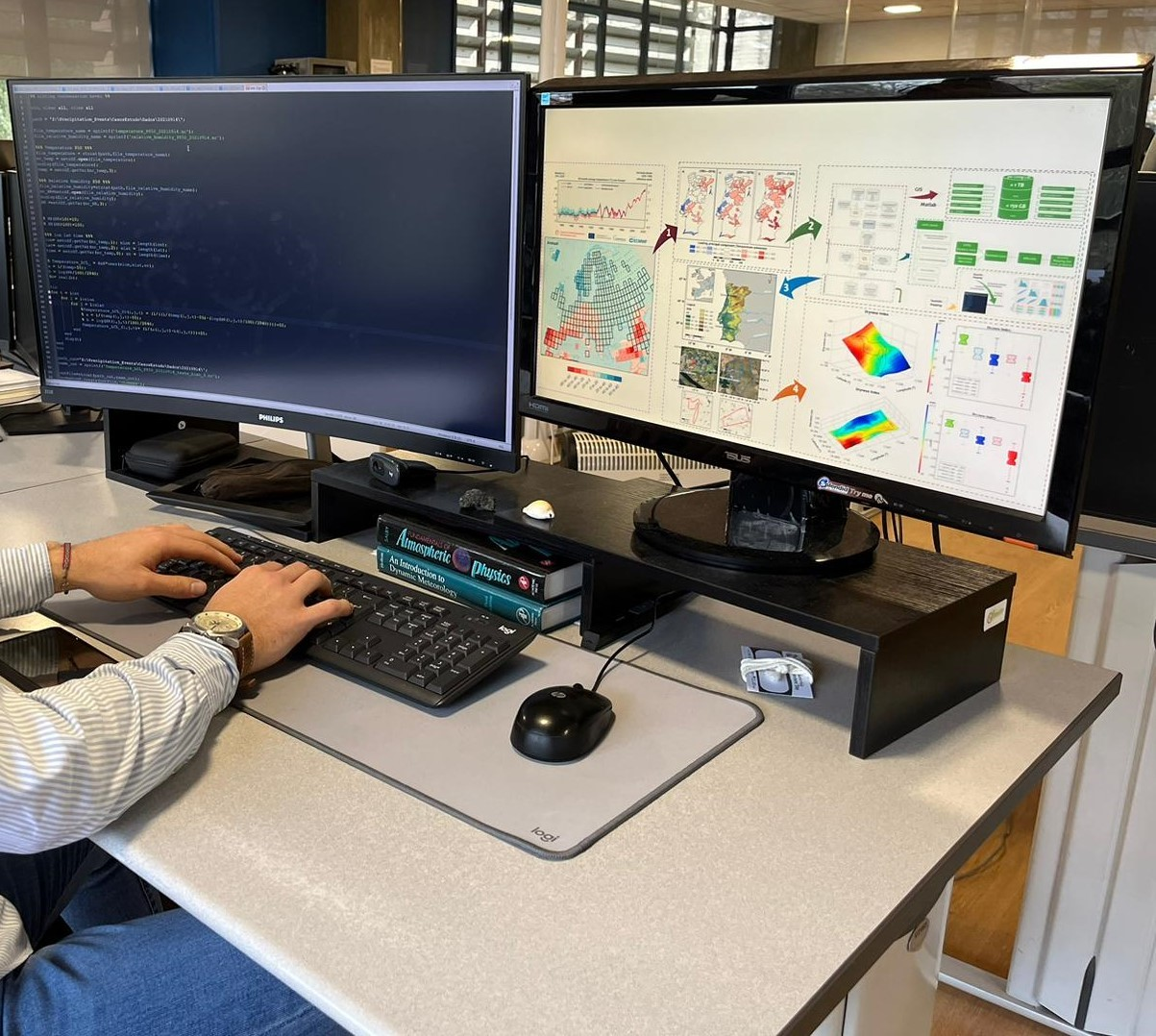
AppClim develops R&D on climatology, mostly
on climate variability, weather/climate extremes and climate change
projections. Climate modelling and simulation are undertaken to generate
state-of-the-art climatic information for targeted regions. Ensembles of
climate models are used to take into account uncertainties, complemented by
different anthropogenic radiative forcing scenarios and temporal evolution.
Advanced bias correction methodologies are applied using observational datasets
to ensure the adherence of climate data to local conditions. Bioclimatic and
agroclimatic indices are produced for plant species and crop zoning.
Mechanistic and stochastic crop models are also run, based on climate model
outputs, to assess climate change impacts and risks, as well as to test the effects
of different climate change adaptation strategies. Site-specific guidelines are
provided for different crops and sectors envisioning effective adaptation and
risk reduction. On-demand ad hoc
analyses are also produced as decision support tools and solutions to foster
resilient, climate-smart and sustainable food chains.
Cell Biology and Biochemistry Lab
Coordinator / Amélia Silva
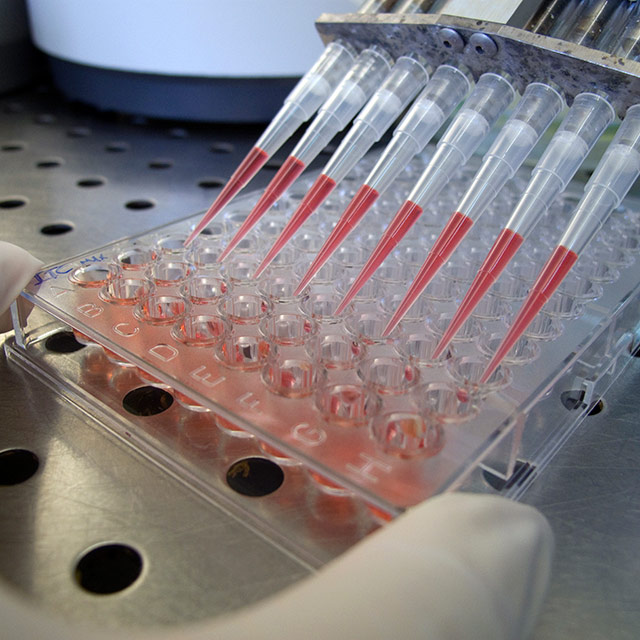
In the Cell Biology and Biochemistry Lab research
is performed on two major topics: study of the cellular mechanism underlying
the health effects of extracts from plants, agro-food co-products and
mushrooms, of essential oils and of isolated phytochemicals, as well as of the
study of nanoencapsulation of selected bioactive products for pharmaceutical
and nutraceutical applications. Studies developed in this lab aim to contribute
with knowledge related to the bioactive composition of autochthonous plants
(e.g. Thymus mastichina, Thymus carnosus) and the molecular
mechanism by which they modulate the physiological behavior of normal and
tumoral cells. The results obtained also aim to demonstrate the phytochemical
potential of some Portuguese endemic plants (some are endangered) in order to
raise the awareness for its preservations; to value these plants and respective
bioactive compounds as functional foods and/or functional ingredients, and to
value the bioactive compounds present local agro-food co-products to reduce the
wastes and increase its potential as added-value products.
Ecotoxicology Lab
Coordinator / Sandra Monteiro
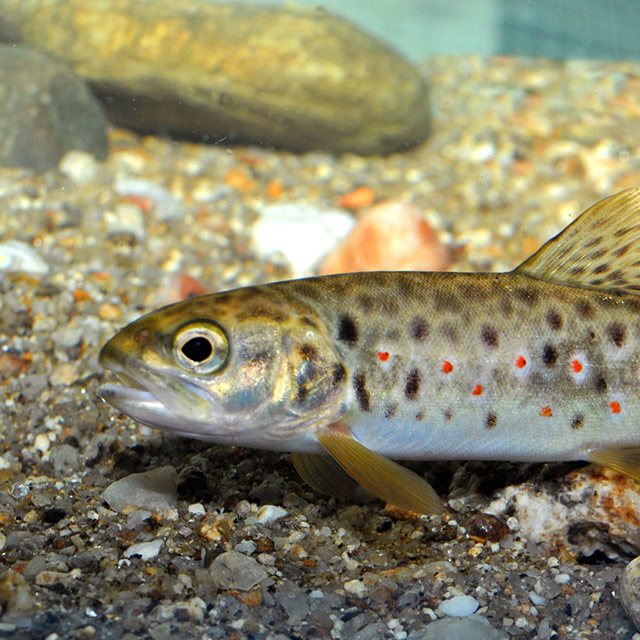
The Ecotoxicology offers the possibility to work in the development and validation of biomarkers of exposure, in aquatic animals. The main aim would be to include these biomarkers in multidisciplinary monitoring programs of aquatic ecosystems, and also use it as tools to identify threats to living organism, induced by exposure to natural and anthropogenic water contaminants. Can include studies under controlled conditions in laboratory facilities, using model species, and monitoring field work, using aquatic, mainly fish, populations.
Forest Products Lab
Coordinator / José Louzada
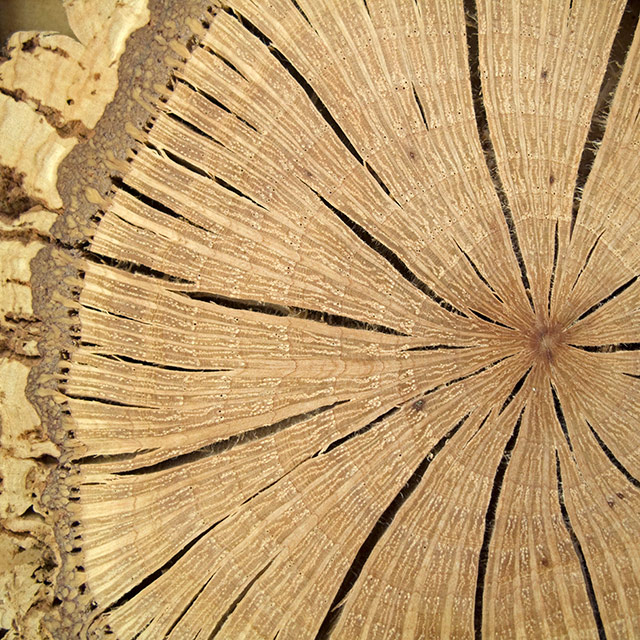
The Forest Products Laboratory allows the development of research projects and scientific formation in the domain of the forest resources quality (wood, cork, biomass and its by-products) in order to achieve a more rational management, a more efficient use and the transformation of these resources.
The main goal of this research unit can be focused on the study of basic variation patterns and relations between quality and raw materials, which allows the identification and relative quantification of environment, genetic, ontogenic effects as well as its respective interactions in the quality variation of forest products. More focused research can be the study of biometric, physical and mechanical quantification of wood and cork, species selection according to wood quality, growth and productivity studies, relationships between growth conditions and silvicultural practices on wood quality, and forest biomass for energy purposes.
Human Nutrition Laboratory (Kitchen Lab)
Coordinator / Carla Gonçalves
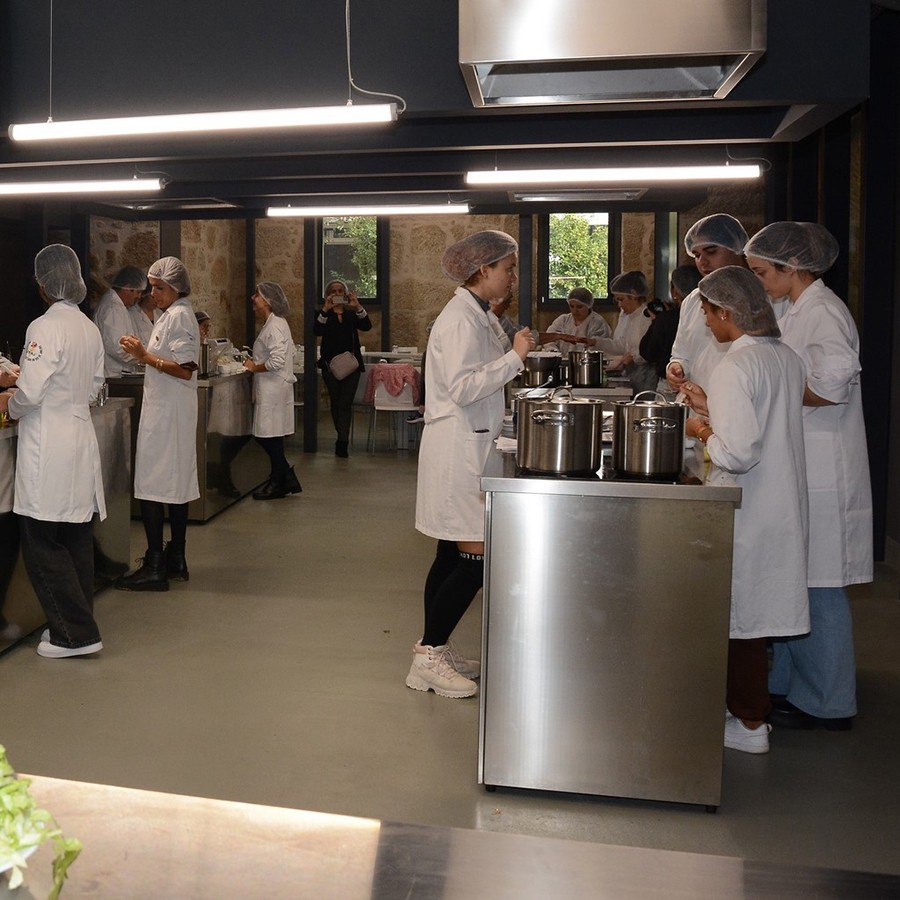
Complete approach from the food concept, from
the farm (product development and analysis - focused on cereals and bakery) to
the plate (clinical studies of the impact of food consumption); Training and
continuous education in the areas of literacy for health and dynamization of
health promoting environments; Assessment of the nutritional status of
individuals and populations.
In the Kitchen Lab - Development of gastronomic
practices (in its national and international scope), food experimentation (with
the aim of preserving and maintaining the quality of food, satisfying the
nutritional needs of the individual and protecting health), special foods preparation
(functional, gluten-free, dietetic, etc.), specific diets (creamy, soft,
liquid, hypoproteic, vegetarian, etc.) with an emphasis on knowledge of the
Mediterranean Diet and food sustainability.
Image-Based Systems Lab
Coordinator / Pedro Pinto
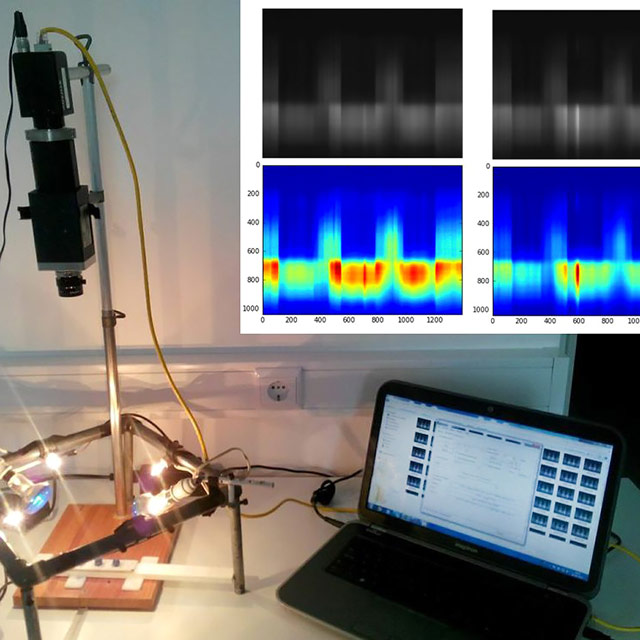
The Image-based systems Lab applies computer vision and image processing methods and can be used to guide or control many agri-food and forestry systems and processes, providing a cheap, reliable and objective approach for inspection, evaluation and measurement purposes and thereby contributing to the Precision Farming concept and practices. The development of innovative non-intrusive image based methodologies are used to estimate different parameters in vine/grape quality assessment such as anthocyanin concentration (as well as sugar content and pH), to identify varieties/clones of vines and to assess vegetative growth indexes and water stress. Image based methodologies are becoming increasingly important in data intensive approaches for precision agriculture; its multidisciplinary nature requires expertise from computer science, digital image processing and computational intelligence with a strong input from agricultural sciences.
Laboratory of Ecology Applied to Sustainable Territories (LEAST)
Coordinator / João Cabral
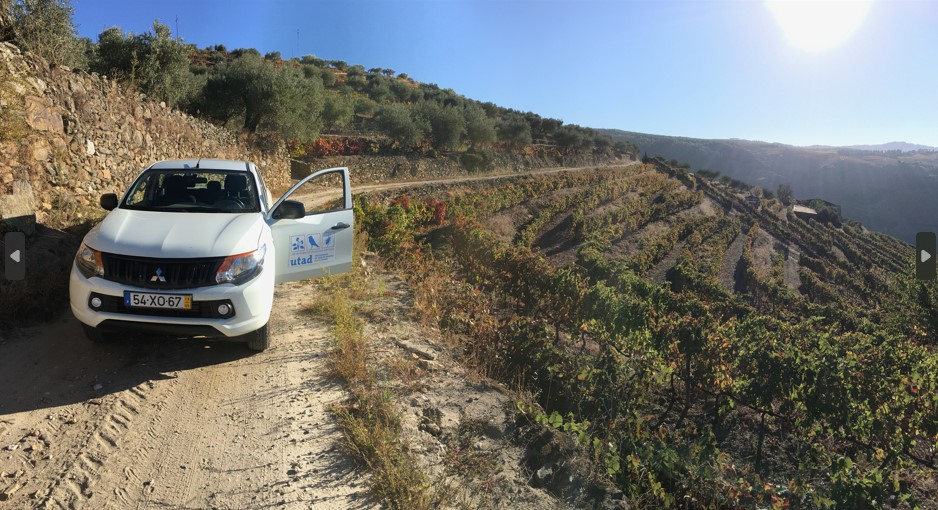
Founded in 2024, the LEAST is a research network, bringing together some municipalities, entities in the agroforestry sector and local associations, focusing on socio-ecological approaches towards sustainable multidisciplinary solutions for territories with low population density. Our predictive research (remote sensing, correlative, dynamic and hybrid multi-model frameworks) lies on the key interactions between relevant landscape characteristics, biodiversity conservation, analysis of ecosystem’s integrity and agricultural and forestry management strategies, with an emphasis on the economic and social valuation of ecosystem services under scenarios of global change. The LEAST is also represented in an interface structure based at «Quinta da Alagoa», located in the Trás-os-Montes Region, a representative experimental field for the assessment and valuation of key sustainability metrics in the scope of traditional polyculture farming.
Laboratory of Fluvial and Terrestrial Ecology (LEFT)
Coordinator / Joaquim Jesus
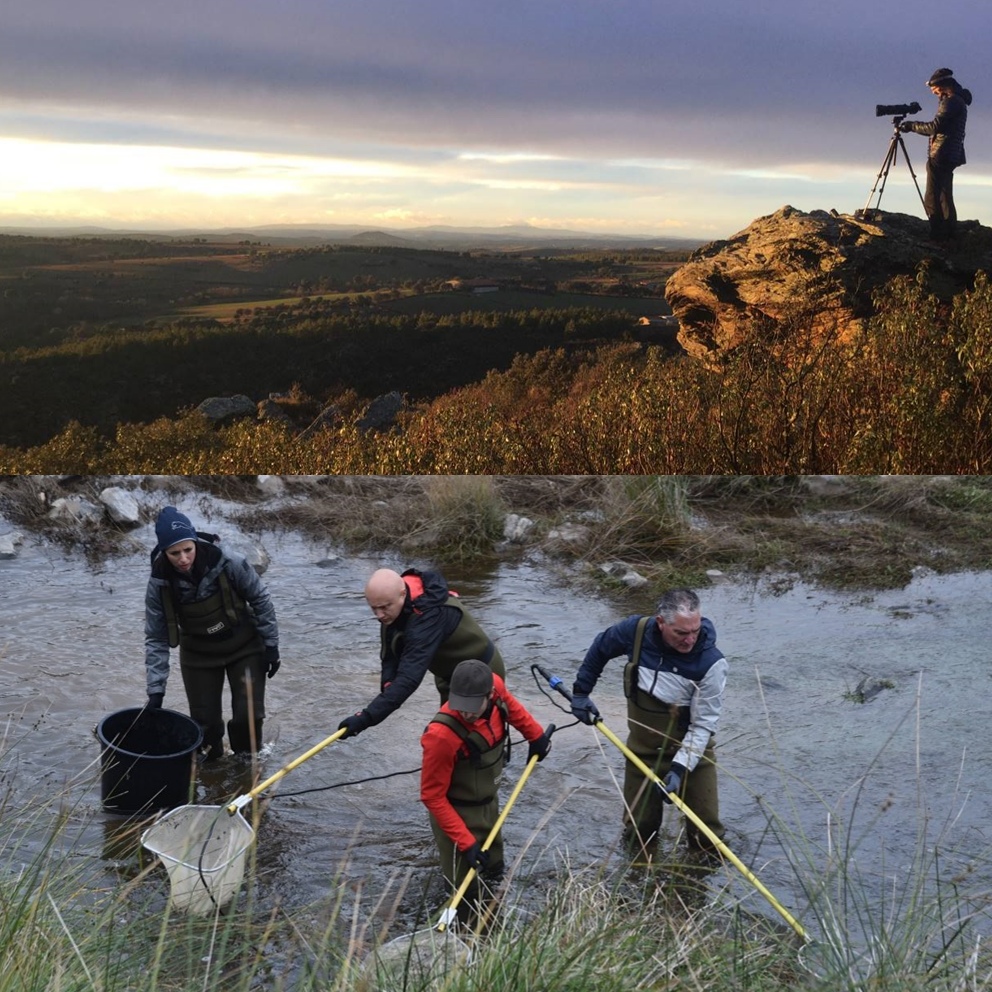
The Laboratory of Fluvial and Terrestrial Ecology (LEFT) is a Service
Provider Unit whose foundation resulted from the fusion of the Fluvial Ecology
and Applied Ecology laboratories, previously operating at UTAD. LEFT's mission
is to contribute to applied and innovative scientific knowledge in the areas of
Ecology, Conservation Biology and Environment, supporting scientific research
that contributes to the advancement of the state of the art, namely in the
fields of monitoring river and terrestrial ecosystems, conservation, ecological
and environmental assessment, environmental impact studies, environmental
audits and inspections, restoration and renaturation of degraded habitats and
ecological modelling. The LEFT promotes close connection with partners from the
private and public sectors, more than 100 funded projects, involving more than
30 different entities, in order to better adapt research results to stakeholder
requests, enhancing the impact on society of the knowledge produced.
Phytochemicals Lab
Coordinator / Ana Barros
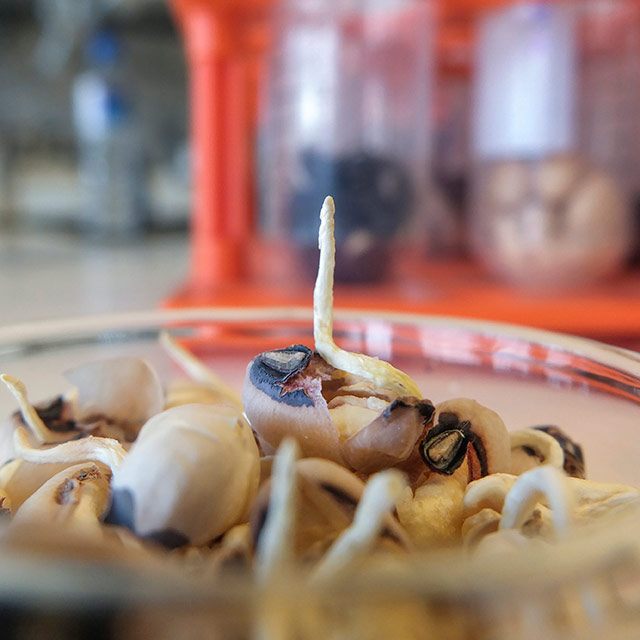
In the Phytochemicals Lab the main activities are directed to phytochemicals with the aim of obtaining detailed information on variations existing in plant composition due to different genetic, agro-climatic and environmental factors especially concerning climate change. Additionally, in the phytochemical analysis facilities can be performed chromatographic, spectroscopic and colorimetric determinations of bioactive compounds as well as their radical scavenging activity and biocide power against pathogenic microorganisms.
Plant Ecophysiology Lab
Coordinator / Carlos Correia
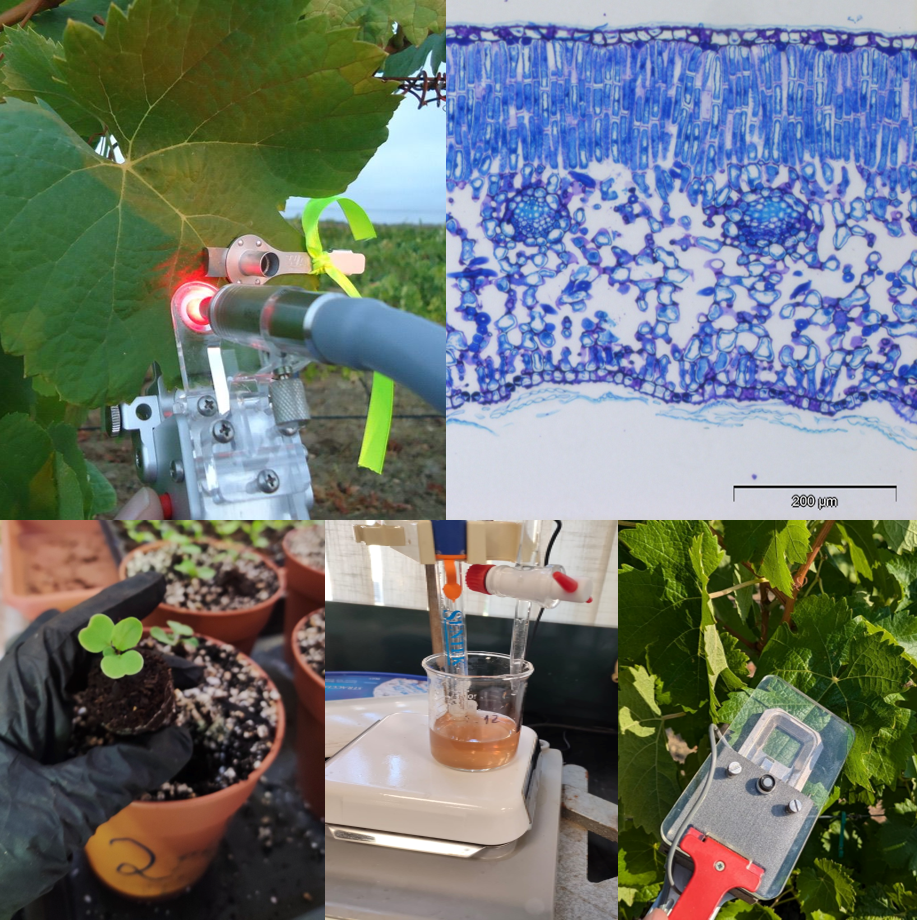
The Plant Ecophysiology Lab conducts research on a wide range of crops, including olive tree, grapevine, sweet cherry, apple, chestnut, almond, hazelnut, berries, cereals, and medicinal and aromatic plants. Its work integrates fundamental and applied studies to understand how plants respond to environmental stresses and climate change. Research focuses on stress impacts and adaptation, mitigation strategies, crop production physiology, and oxidative stress and antioxidant responses, aiming to promote resilient and sustainable agriculture.
PRISM Lab
Coordinator / Raul Santos
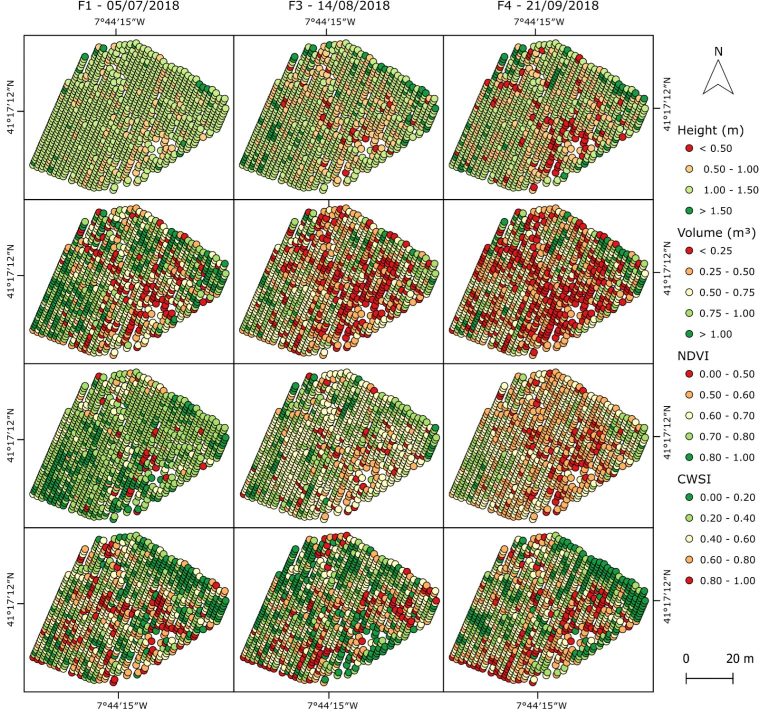
The Precision Remote-sensing and Intelligent Sensing for Agriculture and Forestry Management Lab (PRISM Lab) pioneers research in remote sensing (RS) and geo-information across diverse fields such as agriculture, forestry, water monitoring, land subsidence, structure monitoring, and archaeology. Bridging pure and applied research, PRISM Lab is dedicated to advancing the understanding, management, and monitoring of natural resources and infrastructures. Our expertise extends to the development and deployment of the mySense IoT web platform, facilitating the integration of IoT sensors in the field for gathering agrometeorological data. By harnessing cutting-edge RS and geospatial technologies, including cloud-based infrastructure for data processing and storage, PRISM Lab delivers expert services and products. Through the utilization of modern machine learning and data science methods, we offer analysis services for model selection, application, validation, and interpretation of RS data, empowering informed decision-making in agricultural and environmental assessments.
Soil Microbiology Lab
Coordinator / Guilhermina Marques
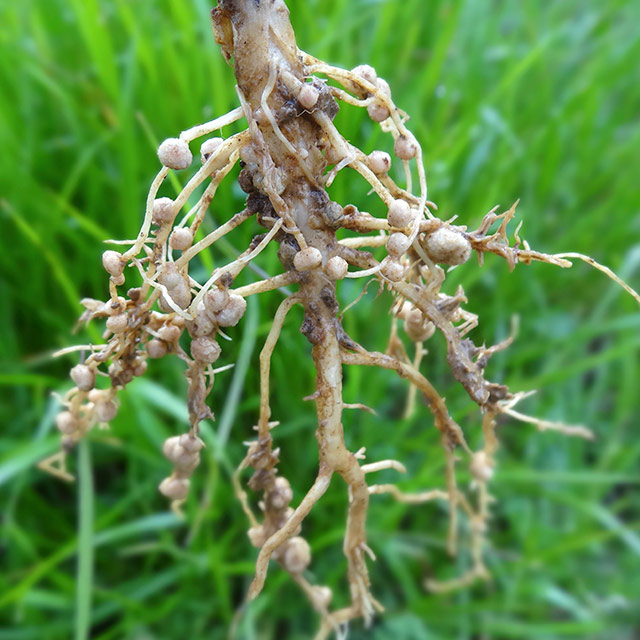
At the Soil Microbiology Laboratory, it is possible to conduct focused research in plant-microorganisms symbioses and biological control agents. This research is performed mainly in arbuscular and ectomycorrhizal fungi, nitrogen-fixing rhizobia, plant-growth promoting rhizobacteria (PGPR), endophytes, entomopathogenic fungi and antagonistic bacteria. It aims to select microbial strains relevant to agricultural and forestry applications such as nutrient uptake efficiency, plant-pathogen resistance and plant resistance against biotic and abiotic stresses, in the context of sustainable and ecological agriculture.
Vegetal Germplasm Conservation Lab (VGCL)
Coordinator / Antonio Crespi
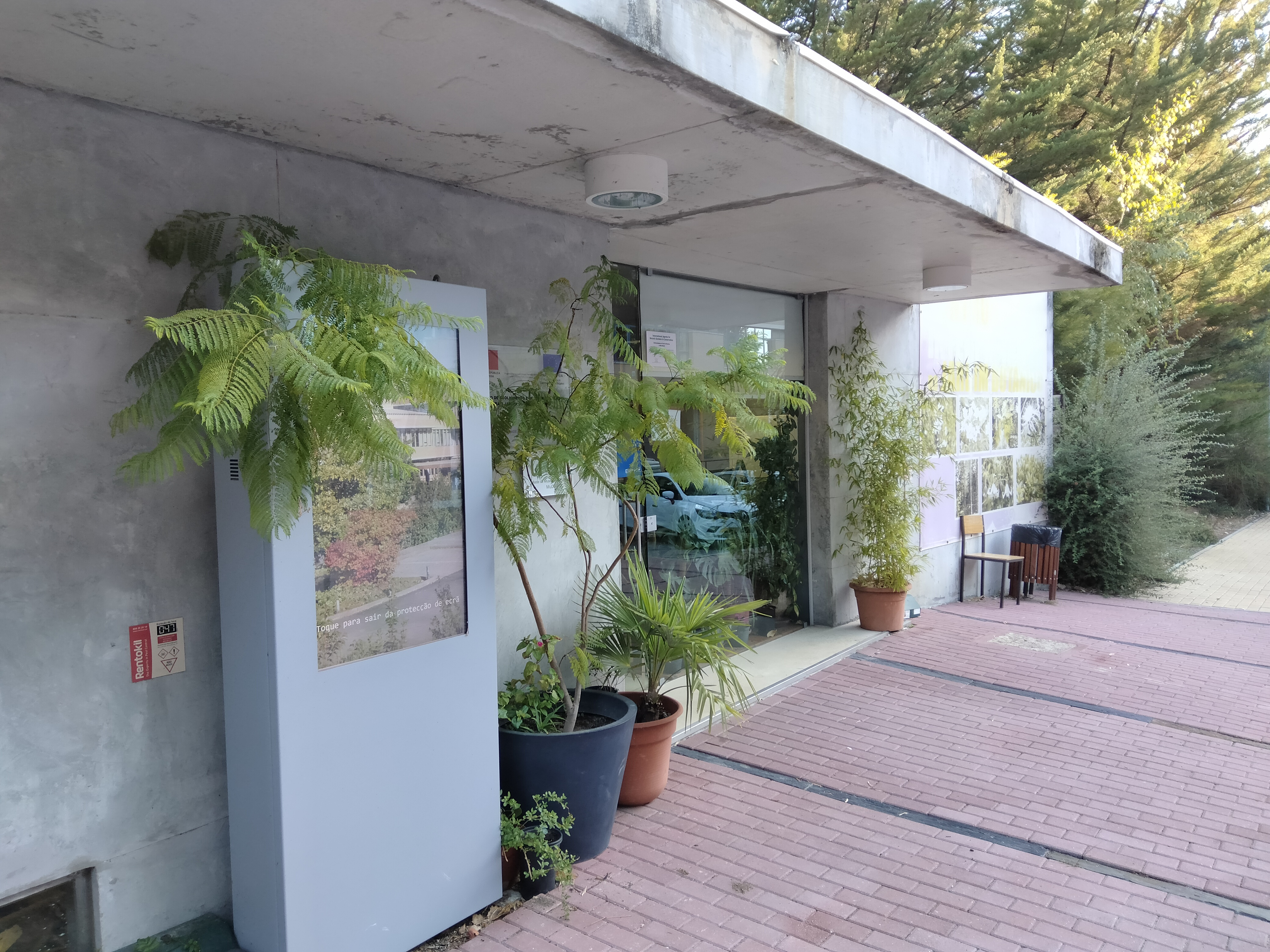
This laboratory emerged
from the fusion between the Herbarium of the University (HVR, Department of
Biology and Environment) and the Seed Bank (Department of Genetic and Biotechnology).
In this way, the main purpose is focused on the establishment of one plant
germplasm information centre, specialized in the flora of the western Mediterranean
region. Herborized specimens and seeds are the current germplasm collections
involved, latter other several vegetal conservation formats could be included
(tissues, molecular samples, fresh material, …). At present, the herborized
information contained in this laboratory is digitally available in the Flora
Digital database (https://jb.utad.pt/flora) to provide this information to the
community for consulting and requiring, if necessary. At the same time, other
application forms are also available, such as identification systems for the
Portuguese flora, or describing texts about vascular flora from Eurasia and the
Mediterranean Region. In this context, the LVGC is a basic instrument for the
knowledge, dissemination and conservation of the vascular plant resource of the
western Mediterranean region.
Wildland Fire Lab
Coordinator / Paulo Fernandes
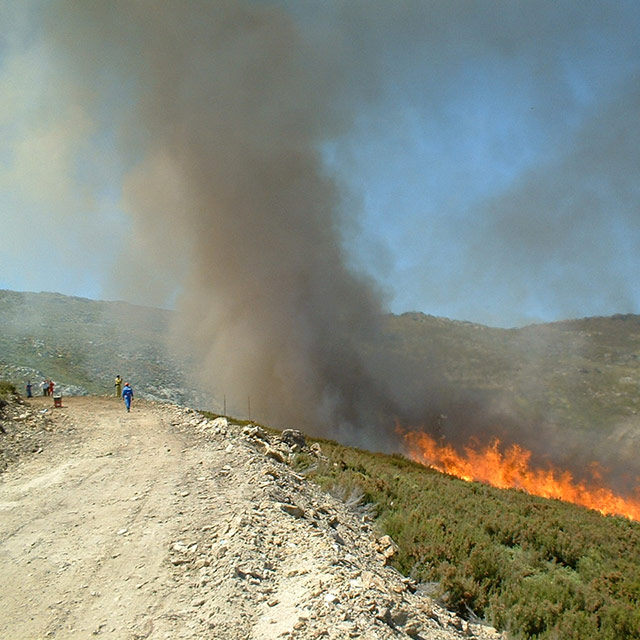
The Wildland Fire Lab aims to contribute to improved wildland fire management policies and practices, hence to less vulnerable and more resilient systems. For that purpose, it studies the establishment of links between environmental drivers (vegetation and weather), fire behavior characteristics, and fire effects on ecosystems and assets.









